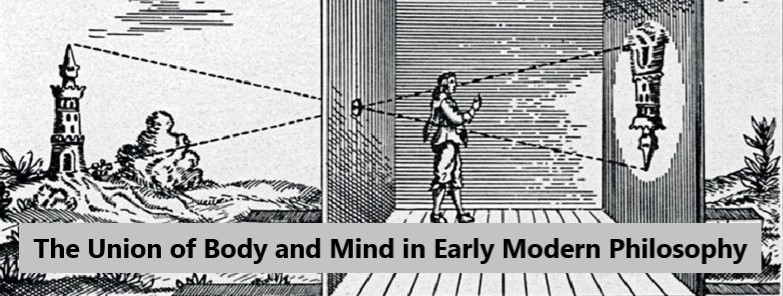The complete mind
A Hungarian debate on the nature of body-mind union from 1685
DOI:
https://doi.org/10.14232/kulonbseg.2021.21.1.293Keywords:
Descartes, Pósaházi, real distinction of mind, complete ideaAbstract
My contribution considers the problem of the real distinction between mind and body and its resulting consequences regarding the unity of human being against the background of a debate on Cartesianism between Hungarian intellectuals of Early Modernity. In his Syllabus (1685), János Pósáházi censured 32 Cartesian assertions and criticized frequently Descartes’ conceivability argument for the real distinction. His criticism involved Descartes’ terminological innovation of introducing the complete ideas besides clear and distinct ones in the Replies as criteria for the argument from conceivability. Pósaházi’s censure was refuted in the same year in a text titled as Vindiciae written by an author whose identity we are not aware of today. The paper presents the anonymous author’s defense of Cartesianism regarding the problem of body-mind relationship.
Downloads
Downloads
Published
How to Cite
Issue
Section
Funding data
-
Hungarian Scientific Research Fund
Grant numbers 125012;137963






